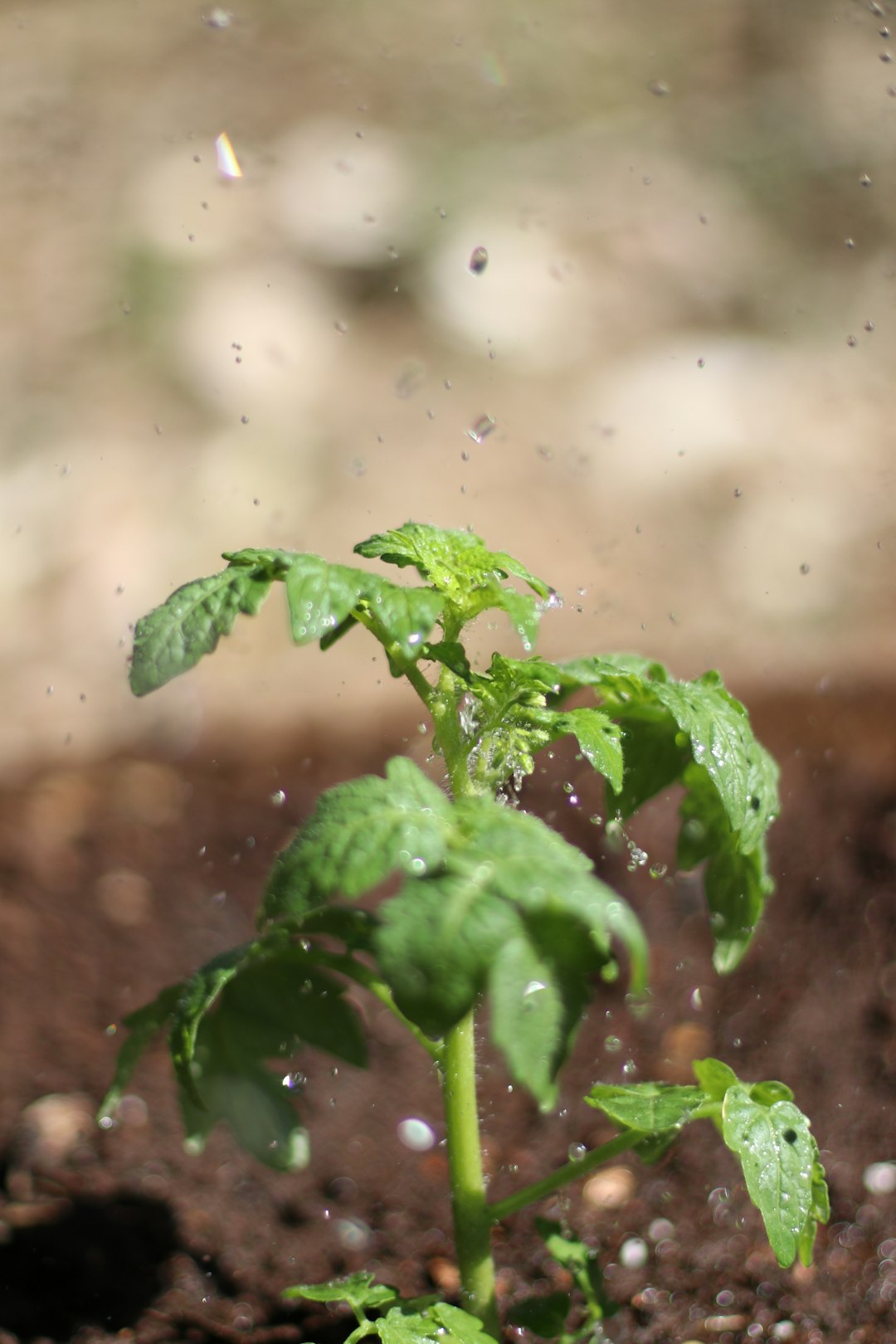The Secret to Boosting Squash Yields: Dynamic Garden Partnerships

In the world of edible gardening, achieving a bountiful squash yield is a goal that many gardeners strive for. One effective and natural way to enhance your squash harvest is by leveraging the power of companion planting. These dynamic garden partners work in tandem to repel pests and attract pollinators, creating a harmonious and productive garden ecosystem.
Companion planting is not a new concept; it has been practiced for centuries by farmers and gardeners around the world. The idea behind it is simple: certain plants have properties that can benefit others when grown in close proximity. When it comes to squash, there are several companion plants that can make a significant difference in its growth and yield.
One of the most well - known companion plants for squash is the marigold. Marigolds are not only beautiful with their bright, cheerful blooms, but they also serve a crucial function in the garden. Their strong scent acts as a natural repellent for many common pests that target squash plants, such as nematodes. Nematodes are tiny worms that can damage the roots of squash plants, stunting their growth and reducing yields. By planting marigolds around your squash, you can help protect the roots from these harmful pests.
Another excellent companion for squash is nasturtium. Nasturtiums are edible flowers that add a splash of color to the garden. They also attract aphids away from squash plants. Aphids are small insects that can suck the sap from squash leaves and stems, causing damage and potentially spreading diseases. The bright colors and strong scent of nasturtiums act as a magnet for aphids, drawing them away from the more vulnerable squash plants. Additionally, nasturtiums attract beneficial insects like ladybugs, which are natural predators of aphids. Ladybugs will feast on the aphids, helping to keep their population in check.
Borage is yet another great companion plant for squash. Borage has beautiful blue star - shaped flowers that are highly attractive to pollinators, especially bees. Squash plants rely on pollinators to transfer pollen from the male flowers to the female flowers, which is essential for fruit development. By planting borage near your squash, you can increase the number of pollinators visiting your garden. More pollinators mean more successful pollination, which in turn leads to a higher squash yield. Borage also has deep roots that can help improve soil structure and nutrient availability for the squash plants.
Radishes are also a good companion for squash. Radishes grow quickly and can be interplanted with squash. They help break up the soil as they grow, improving aeration and drainage around the squash roots. Radishes also act as a trap crop for flea beetles. Flea beetles are small, jumping insects that can chew small holes in the leaves of squash plants. Radishes are more attractive to flea beetles than squash, so the beetles will target the radishes instead of the squash, protecting the squash from damage.
In addition to these specific companion plants, it's important to consider the overall layout of your garden. Grouping plants together based on their needs and benefits can create a more efficient and productive growing environment. For example, you can create a raised bed or a section of your garden dedicated to squash and its companion plants. Make sure to provide adequate spacing between the plants to allow for proper air circulation and growth. Also, keep in mind that different companion plants may have different watering and fertilizing requirements, so it's important to manage these aspects carefully.
When it comes to pest control in your squash garden, companion planting is just one part of the equation. You should also practice good garden hygiene, such as removing dead leaves and debris regularly. This helps prevent the buildup of pests and diseases. Additionally, using organic pest control methods, like neem oil or insecticidal soaps, can be used as a last resort if pest problems become severe.
In conclusion, by incorporating these dynamic garden partners into your squash garden, you can create a more balanced and productive ecosystem. The combination of pest - repelling and pollinator - attracting plants will not only increase your squash yield but also make your garden a more beautiful and enjoyable place to be. So, the next time you plant squash, don't forget to invite these helpful companions to the party!